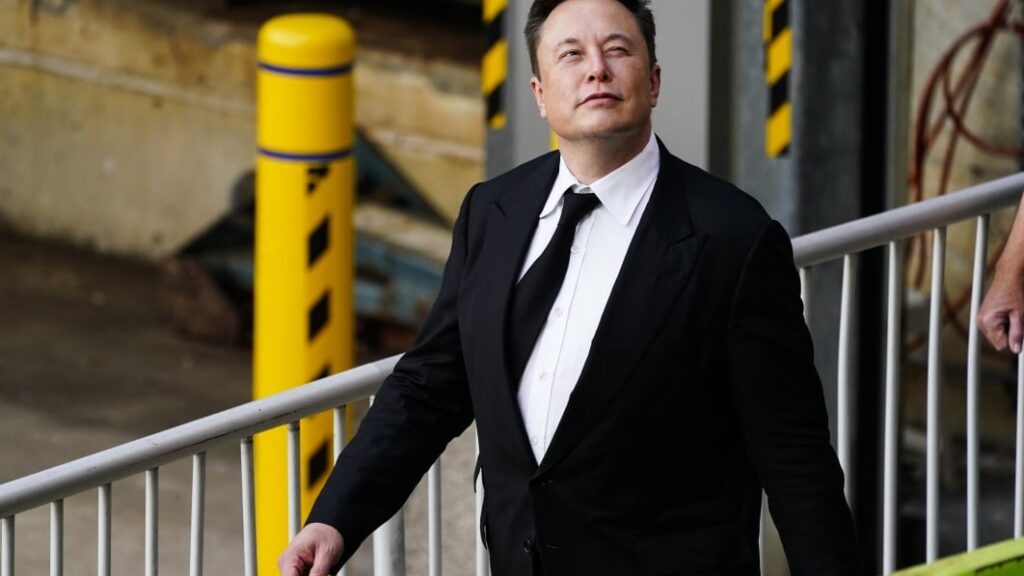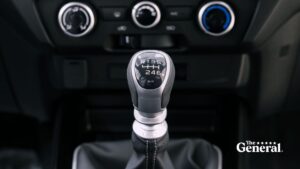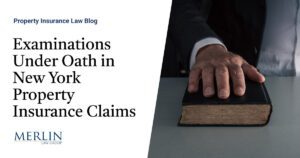Elon Musk's warning about Tesla stake raises governance questions

Elon Musk’s warning about developing AI and robotics outside Tesla unless he gets more voting control could infringe on his duties as CEO and raise questions about the automaker’s valuation, governance experts and analysts said.
The outspoken billionaire said on Monday he would be “uncomfortable” building Tesla into a leader in the technologies unless he has about 25% voting control at the company.
“Enough to be influential, but not so much that I can’t be overturned. Unless that is the case, I would prefer to build products outside of Tesla,” he said on his X social media.
Shares of Tesla rose about half a percent to $219.91.
The move marked an abrupt turn for Musk, who has long touted Tesla as an “AI/robotics company” due to its partially automated “Full Self-Driving” software and prototype humanoid robots.
“The problem is his tweets suggest that in his capacity now as CEO and director, he is not only turning down profitable Tesla opportunities based on his personal preferences, but also redirecting them to his private companies,” said Ann Lipton, a professor at Tulane Law School.
“That’s a conflict of interest that suggests a violation of his fiduciary duties to Tesla.”
Some analysts also said any move to shift technology development outside Tesla would only damage the value of its shares by removing potential growth opportunities.
Musk and Tesla could not be reached for comment.
CEOs and directors are prohibited from taking any business opportunity for themselves that belongs to the firm, according to a legal principle called the corporate opportunity doctrine.
“It would be illegal for him to go ahead with building technologies Tesla has touted without the company’s permission,” said Charles Elson, founding director of the Weinberg Center for Corporate Governance at the University of Delaware.
Musk, Tesla’s largest investor with a 13% stake, owns several companies including SpaceX, Neuralink, X and xAI — his latest venture that hopes to compete with ChatGPT-maker OpenAI.
But his voting control at Tesla has come down in the past two years as he sold tens of billions of the company’s stock to finance his purchase of the platform formerly known as Twitter.
Musk’s Tesla stake would grow to nearly 23% if he exercises all his stock options, but he may have to sell a portion of them to pay for taxes related to the exercise.
‘DEMANDS AS POSTURING’
“Musk is attempting to recover control that has been lost from his stock sales to fund Twitter,” CFRA Research analyst Garrett Nelson said. “We view Musk’s demands as posturing ahead of the Delaware court ruling regarding his prior compensation package.”
The Tesla CEO is awaiting a ruling in a shareholder lawsuit that alleges he used his dominance over the company’s board to obtain an outsized compensation package that did not require him to work at the EV maker full-time.
The investor, Richard Tornetta, has asked the court to rescind the pay package, which if granted could make it tough for the board to agree to a new compensation plan of a similar size.
An estimate from executive pay research firm Equilar in 2022 showed that Musk’s package was around six times larger than the combined pay of the 200 highest-paid executives in 2021.
Musk said on Monday there was no “feud” with the board over his new compensation package and the pending verdict was holding back the discussions.
Some experts believe he will see little opposition from the board for his demands, pointing to his importance at Tesla and close ties to several members such as his brother Kimbal.
“Tesla’s board is generally tolerant of his erratic behavior in the past so it is easier relative to other tech firms to push through such a demand,” said Xu Jiang, associate professor at Duke University’s Fuqua School of Business.
“He will probably face stiff opposition from major shareholders such as Vanguard and BlackRock. My conjecture is that the opposition, if any, of the board members would stem from their concern of the opposition from shareholders.”
J.P. Morgan analyst Ryan Brinkman said Musk’s latest comments raise the odds of his departure as CEO, or at least an award of shares to him that would water down investors’ holdings. He added the public airing of Musk’s views may have been a move to pressure the board.
Some Tesla observers feel the company has little choice but to appease Musk or risk hurting efforts around AI and robotics.
“If he is not given what he wants, he will sit back and let them die in the vine. That’s not the best interest of investors,” said Gene Munster, managing partner at Deepwater Asset Management.







